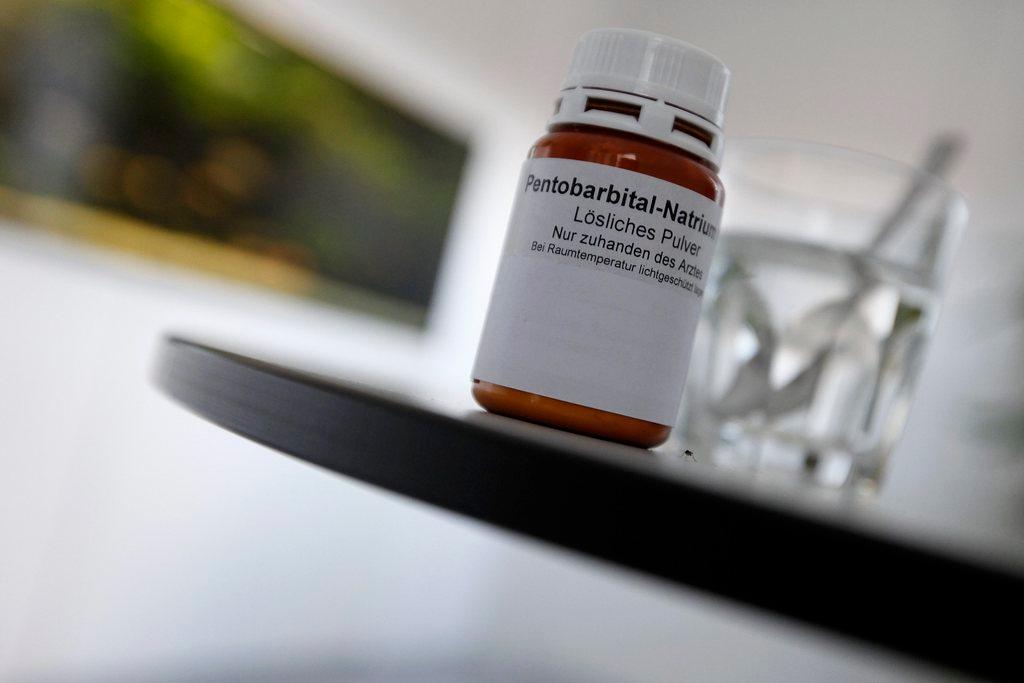Most Swiss want doctor’s advice on end of life choices

The majority of people living in German-speaking Switzerland expect to get support from their doctor on choosing how they want to end their life, according to a survey commissioned by the assisted-suicide organisation, Exit.
The vice-president of Exit, Marion Schafroth, said at a press conference in Zurich on Tuesday that the survey results would help them lay the groundwork for “intensive discussions with doctors”. She also called for assisting with suicide to be a “voluntary medical activity”.
A large majority of people in the survey, 94%, wanted neutral information about end of life decisions from their doctors. Being given information about the right to end their own life was seen as a good thing by 72% of people, who also wanted to be informed about how their decisions would affect those close to them.
The online survey involved 1036 people over the age of 50, and was carried out by the LINK Institute. Just over three-quarters of those surveyed had already given thought to what happens to them at the end of their life.
“The conclusion of the study is clear,” former Zurich city doctor Albert Wettstein told the media. “Detailed and neutral information about all important treatment decisions are expected from the medical profession.”
Exit was founded 34 years ago and says it has more than 100,000 members in Italian- and German-speaking Switzerland. Members can request someone to be with them while they end their own life.
What does the law say?
Swiss law tolerates assisted suicide when patients commit the act themselves and helpers have no vested interest in their death. Assisted suicide has been allowed in the country since the 1940s.
Death is usually induced through a lethal dose of barbiturates that has been prescribed by a doctor. Ingestion of the poison, whether by drinking it or through the use of intravenous drips or stomach tubes, must be carried out by the person wanting to die.
A 2006 decision by the Swiss Federal Court ruled that all people of sound judgment, irrespective of whether they suffer from a mental illness, have the right to decide the manner of their death.

In compliance with the JTI standards
More: SWI swissinfo.ch certified by the Journalism Trust Initiative



You can find an overview of ongoing debates with our journalists here. Please join us!
If you want to start a conversation about a topic raised in this article or want to report factual errors, email us at english@swissinfo.ch.